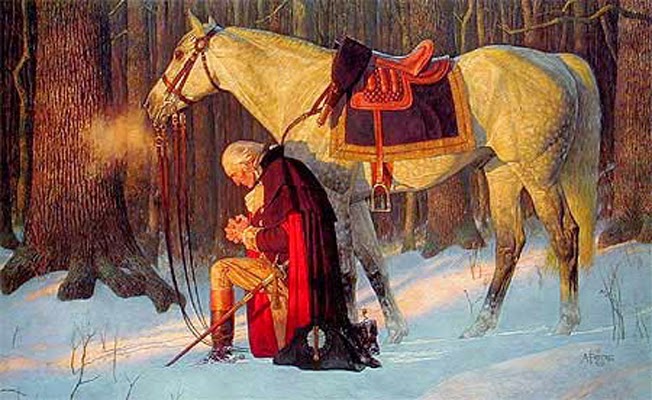Original Math Proof - When does $y=b^x$ intersect the line $y=x$ if $b>1$?
When does $y=b^x$ intersect the line $y=x$ if $b>1$?
by Joseph Kim at josephkimlife.blogspot.com
February 2019
$\text{If } y=b^x \text{ and } y=x \text{, then }x=b^x \text{ and }b = x^{1/x} \text{. We would like this to have only one}$
$\text{solution for } b>1 \text{. Now we will prove that }b \leq e^{1/e} \text{ :}$
\begin{align*}
\lim_{n\rightarrow \infty}{\left(1+\frac{1}{n}\right)}^n &= e \\
\lim_{m\rightarrow 0}{\left(1+m\right)}^{1/m} &= e \\
(1+m)^{1/m} &\leq e \\
\text{(with equality only } &\text{when m=0)} \\
1+m &\leq e^m \\
1+\frac{(x-e)}{e} &\leq e^{(x-e)/e} \\
\frac{x}{e} &\leq e^{x/e-1} \\
x &\leq e^{x/e} \\
x^{1/x} &\leq e^{1/e} \\
b &\leq e^{1/e} \\
\end{align*}
$\text{Note that, in the above proof, we must have } b\geq0 \text{, but we are already restricted to } b>1,$
$\text{so this condition is irrelevant. Under this restriction, } e^{1/e} \text{ is an absolute maximum of } b,$
$\text{so there will be a solution for } b \text{ only if }b \leq e^{1/e} \text{.}$
I have typed this up in a PDF.



Comments
Post a Comment